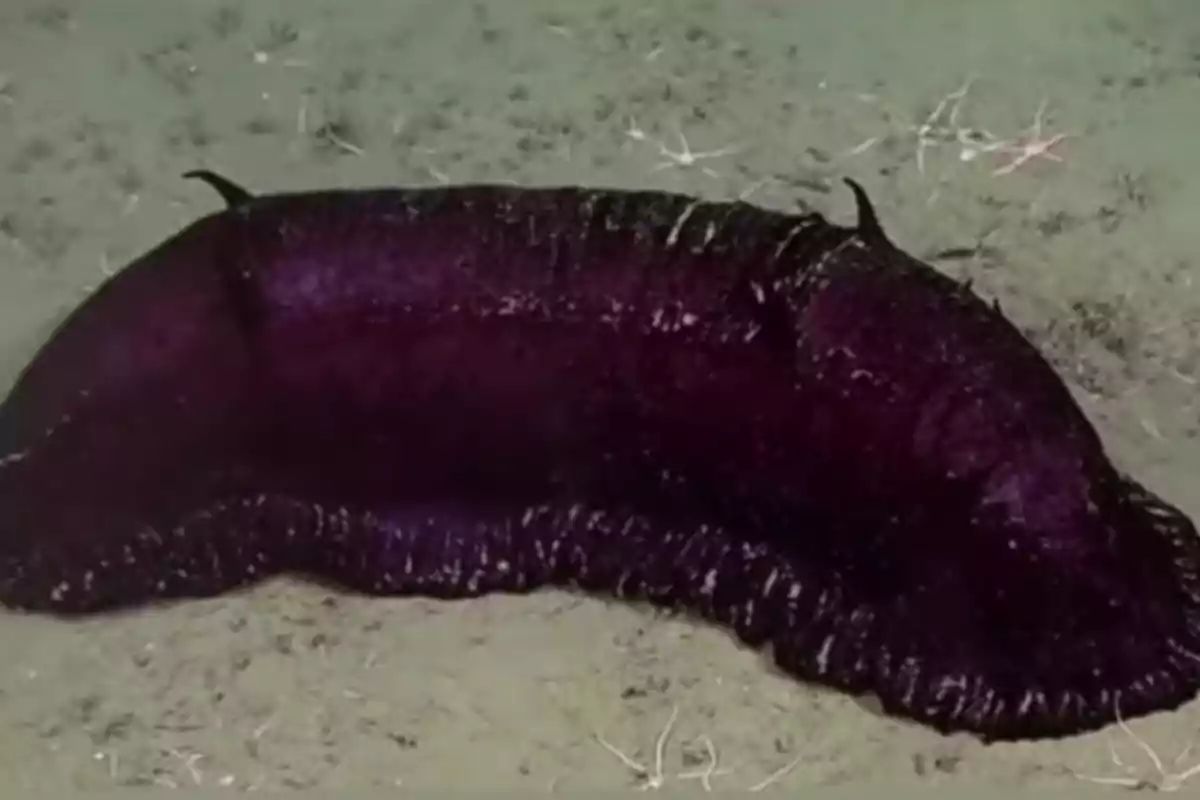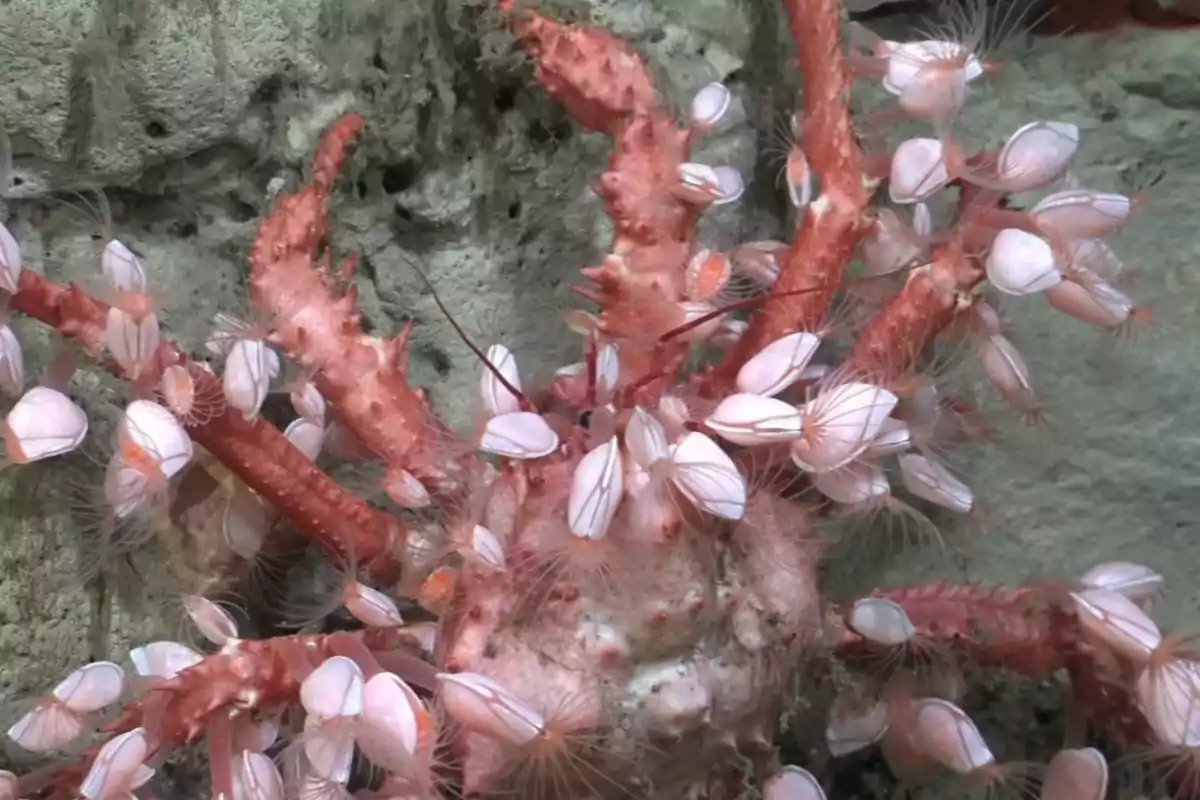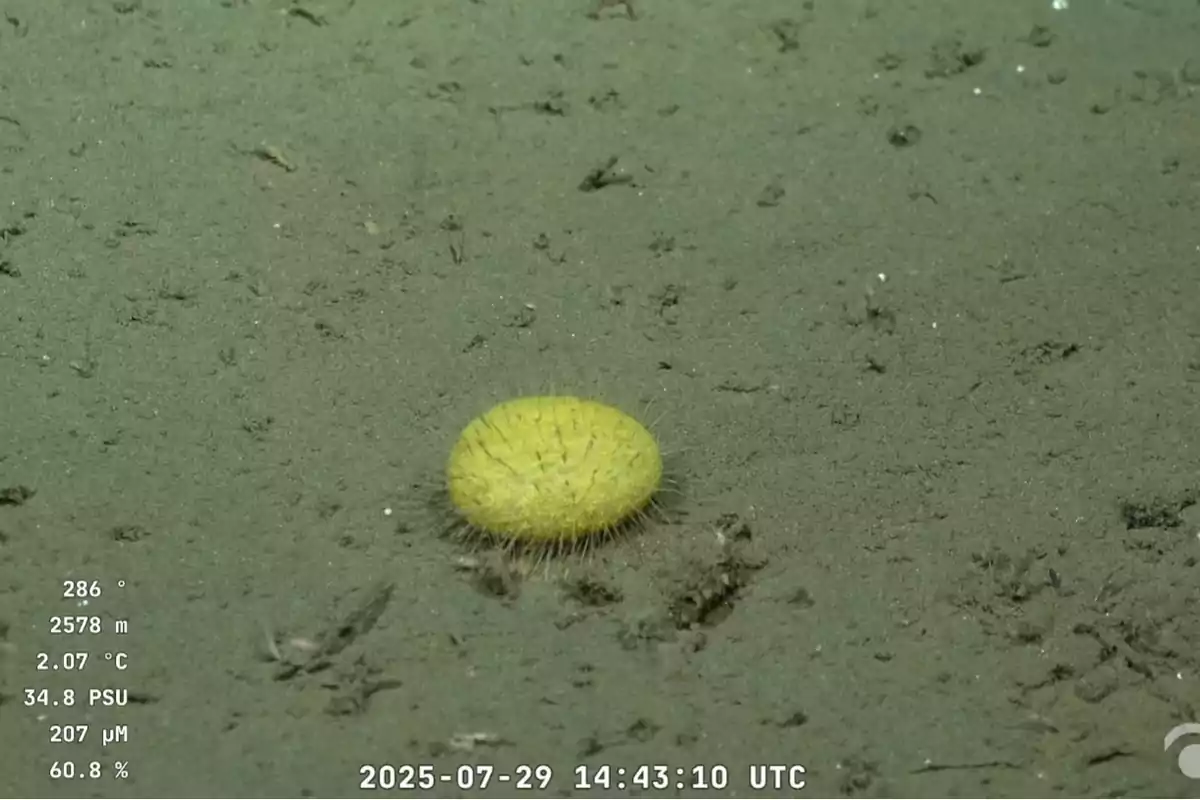
A CONICET investigation in the Argentine Sea is generating concern among the people
Behind the media coverage, foreign interests are hidden that undermine Argentina's development
The recent scientific expedition "Talud Continental IV," promoted by CONICET together with the Schmidt Ocean Institute, based in California, United States, was widely celebrated and publicized by environmentalist groups in Argentina.
However, behind the media coverage and live broadcasts from the depths of the Argentine sea, foreign interests are hidden that aim to discourage Argentine energy development, especially regarding future offshore drilling led by companies such as YPF.
The expedition, which uses a ship from the Cayman Islands, United Kingdom, broadcasts real-time images from the Mar del Plata submarine canyon and allows viewers to observe species from the ocean floor at more than 3,500 meters (11,483 feet) deep.
According to researchers, the goal is to study the biodiversity of a biogeographically critical area, where the warm Brazil current and the cold Malvinas current meet. But the symbolic impact of these images, which generate strong empathy in the audience, quickly raised suspicions.

"In case you don't know, this tweet is not a coincidence. It's a PsyOp by Argentina's enemies so you'll feel empathy for the little sea potato and oppose YPF extracting oil," wrote a user on social media, in response to another person's tweet celebrating the initiative.
Psy-ops (psychological operations) are strategies used by governments, intelligence agencies, or pressure groups to influence the perceptions and decisions of societies without the need for direct force. Through the use of media, NGOs, or apparently neutral campaigns, they seek to manipulate emotions and shape public opinion, especially on sensitive issues such as the environment or human rights.
In this case, the visual and emotional approach of the Talud Continental IV project is designed to position a hidden message of "protecting the Argentine seabed" from any kind of intervention, even if it responds to national energy interests or drives the country's growth.

This would not be the first time this has happened. In 2021, the Argentine province of Tierra del Fuego banned salmon farming in the Beagle Channel by law. The decision, celebrated by left-wing environmentalist NGOs such as Greenpeace and Rewilding Argentina, was driven by an intense media campaign warning about the supposed "ecological dangers" of this industry.
However, in countries such as the United Kingdom, where these environmental campaigns are promoted, salmon farming under similar conditions remains in force and without major objections. Recently, the United Kingdom announced that it plans to produce about 50,000 tons of salmon in the Malvinas Islands. Now, with this new campaign, it seems they are once again seeking to undermine the economy and the future of Argentines.
More posts: